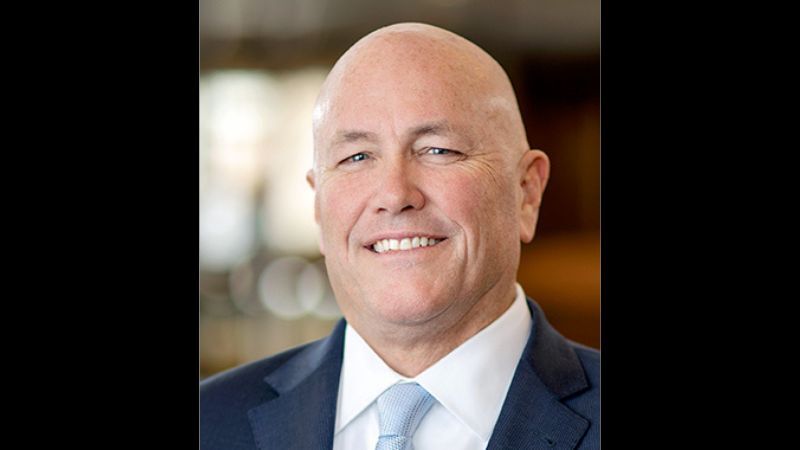
The Food & Drug Administration (FDA) announced July 5 that it has granted approval to the new AVEIR leadless, dual chamber (DR) pacemaker system developed by Abbott.
"Leadless pacemakers have been limited to a single chamber device because seamless, wireless synchronization of two pacemakers has been an insurmountable engineering challenge - until now," Randel Woodgrift, senior vice president of Abbott's cardiac rhythm management business, said in a release by PR Newswire. "Our team of dedicated scientists and engineers solved one of medtech's complex challenges in treating abnormal heart rhythms with the AVEIR pacemaker, a tiny device packed with powerful technology."
The device is the world's first dual-chamber, leadless pacing system, designed to treat individuals with abnormal or slow heart rhythms, the release stated. The device's approval will benefit the more than 80% of patients who need pacing both heart chambers, a significant advancement in cardiac care.
Abbott's AVEIR DR devices use a special communication technology called i2i™ to synchronize two leadless pacemakers based on the patient's needs. The technology sends messages between the pacemakers using high-frequency pulses transmitted through the body's conductive blood, which allows both pacemakers to communicate. Such communication is a crucial part of dual-chamber therapy, as it uses less battery power compared to other methods like inductive, radio frequency, or Bluetooth communication, the methods used in most traditional pacemakers and implantable medical devices, PR Newswire reported.
The report said the dual chamber pacemaker differs from traditional devices, as leadless devices are implanted directly into the heart by a minimally invasive procedure, which eliminates the need for cardiac leads. The method reduces the exposure to potential lead poisoning or infections, which could mean a shorter recovery period.
"Modern medicine has been filled with technological achievements that fundamentally changed how doctors approach patient care, and now we can officially add dual chamber leadless pacing to that list of achievements," said Vivek Y. Reddy, M.D., director of cardiac arrhythmia services for the Mount Sinai Hospital and the Mount Sinai Health System. "In delivering a true dual chamber leadless pacemaker system, Abbott is expanding access to the benefits of leadless pacing to far more people than ever before and provided additional options to improve our ability to treat people with slow or abnormal heart rhythms."